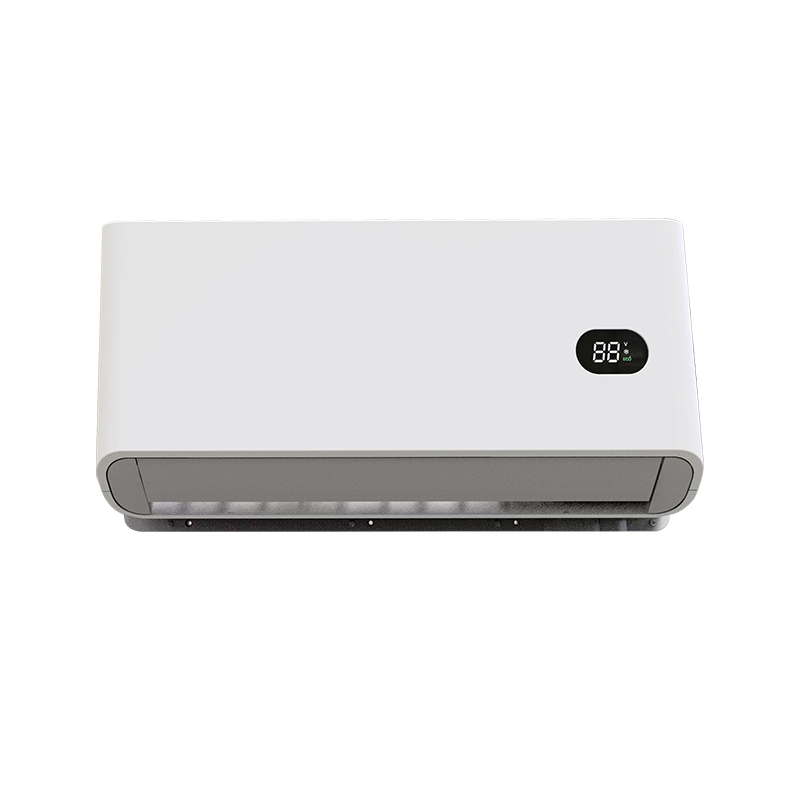Battery-powered RV air conditioners are a popular choice for campers and RV owners looking for an energy-efficient way to keep cool while off the grid. While these systems offer convenience, they are subject to wear and tear, and when issues arise, repair costs can vary. Understanding the factors that influence repair expenses is essential for any RV owner.

1. Common Issues and Their Costs
Battery-powered RV air conditioners typically experience similar issues to traditional AC units, but with a few key differences due to their reliance on battery power. Common problems include refrigerant leaks, faulty compressors, and electrical malfunctions. Here's a breakdown of typical repair costs:
Refrigerant Leak Repair: If your AC unit is low on refrigerant due to a leak, a professional technician may need to identify and fix the leak, then refill the refrigerant. This can cost anywhere from $200 to $500 depending on the severity of the leak and the labor involved.
Compressor Failure: The compressor is a critical component in the cooling process. If it fails, you may need to replace it entirely. The cost for this repair can range from $500 to $1,200, including parts and labor.
Electrical Issues: Issues such as faulty wiring, malfunctioning fans, or damaged circuit boards can cause the system to stop working. Electrical repairs can vary widely, with costs typically falling between $150 and $600, depending on the complexity of the issue.
2. Factors Affecting Repair Costs
Brand and Model: Some high-end or specialized RV AC units may have higher repair costs due to the availability and cost of replacement parts.
Labor Costs: Labor rates can vary depending on your location and the expertise required. In some areas, RV technicians charge between $100 and $150 per hour.
3. DIY vs. Professional Repair
For minor issues, such as cleaning filters or replacing fuses, DIY repairs can be an affordable option. However, for more complex problems like compressor or electrical failures, it's recommended to hire a professional technician to ensure the repair is done correctly.
Utility trailers are an essential part of many businesses, used to transport goods or provide mobile services. For those who use air conditioning in their utility trailers—whether for transporting temperature-sensitive goods or providing comfort during work—maintaining the AC system is crucial. Understanding the availability of replacement parts is important when it comes time for repairs or upgrades.
1. Common Replacement Parts
The common replacement parts for utility trailer air conditioners include:
Compressor: The compressor is the heart of the AC system, responsible for circulating the refrigerant. If it fails, it will need to be replaced. Compressor replacement parts are generally available for air conditioners, but the cost and availability can vary depending on the brand and model.
Condenser and Evaporator Coils: These coils play an essential role in the heat exchange process, where the refrigerant absorbs and releases heat. Over time, they can become clogged or damaged, requiring replacement. Many major AC manufacturers offer replacement coils, although specific parts may be harder to find for older or specialized models.
Capacitors and Motors: Capacitors store energy to help the motor start and run, while the motor powers the fan and compressor. Both can wear out over time, but they are generally inexpensive and easy to replace. These parts are usually available at appliance or RV repair shops.
2. Factors Affecting Part Availability
Brand and Model: Some air conditioners are made by less common manufacturers, making finding parts more difficult. In such cases, replacement parts may need to be sourced from specialized suppliers or directly from the manufacturer.
Age of the Unit: Older models or discontinued air conditioners can make parts harder to find. However, reputable suppliers may offer aftermarket parts or alternatives that can be used in place of original components.
Customization: If your utility trailer AC system has been customized or is a unique model, parts might not be as readily available. It's essential to check with the manufacturer or a specialized service center to see if custom solutions are needed.